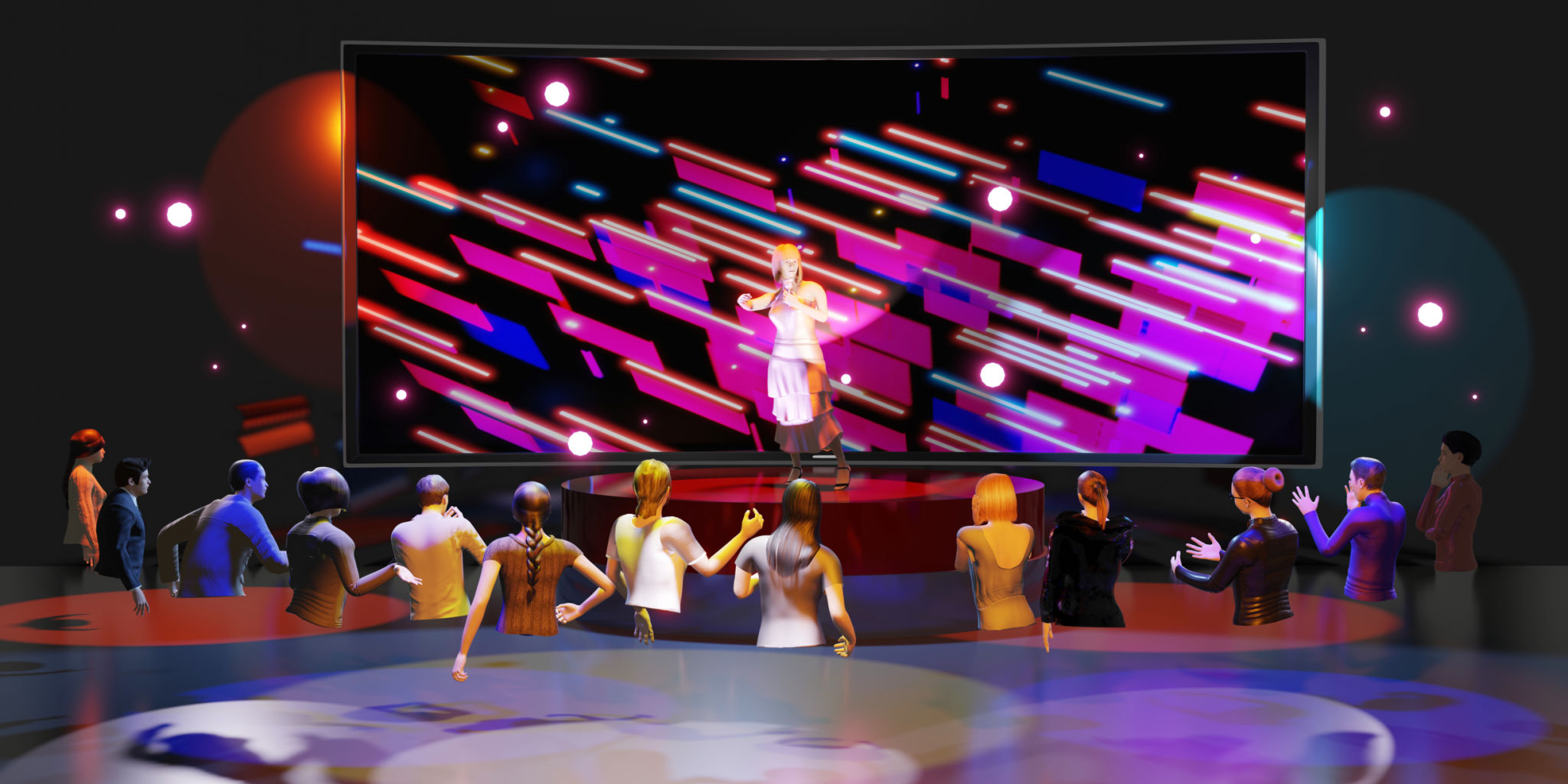The Future of Artist Management: Trends and Innovations to Watch
Introduction to Artist Management in the Modern Era
The landscape of artist management is evolving rapidly, driven by technological advancements and shifting consumer preferences. As the music industry continues to adapt, artist managers must stay ahead of emerging trends and innovations to effectively support their clients. In this blog post, we'll explore key developments shaping the future of artist management.

Digital Platforms Transforming the Industry
With the rise of digital platforms, artists now have more direct access to their audiences than ever before. Platforms such as Spotify, Apple Music, and YouTube have revolutionized how music is distributed and consumed. This shift has empowered artists to take control of their careers, but it also means managers must be adept at navigating these platforms and leveraging their full potential.
Moreover, social media has become a crucial tool for artists to engage with fans, build their brand, and promote their work. Managers need to devise strategic plans that incorporate social media marketing to enhance visibility and fan engagement.
Data-Driven Decision Making
In today's data-driven world, artist managers have access to a wealth of information that can inform their strategies. Analytics tools provide insights into audience demographics, listening habits, and engagement levels. By analyzing this data, managers can tailor marketing campaigns to target specific audiences, optimize tour schedules, and make informed decisions about collaborations and releases.

The Role of Artificial Intelligence in Artist Management
Artificial Intelligence (AI) is beginning to play a significant role in artist management. From predicting music trends to automating administrative tasks, AI offers numerous benefits. AI-driven algorithms can analyze streaming data to predict emerging trends, helping managers stay ahead of the curve.
Additionally, AI-powered chatbots can handle routine fan interactions, freeing up time for managers to focus on more strategic tasks. As AI technology continues to advance, its applications in artist management are expected to expand further.
Virtual and Augmented Reality Experiences
Virtual and Augmented Reality (VR/AR) are set to revolutionize live performances and fan interactions. These technologies offer immersive experiences that can bring artists closer to their fans, regardless of physical distance. VR concerts and AR-enhanced music videos provide new opportunities for creativity and fan engagement.
Managers need to explore these technologies' potential to create unique experiences that captivate audiences and drive fan loyalty.

Expanding Revenue Streams for Artists
As traditional revenue streams such as album sales decline, managers are seeking new ways to generate income for their clients. Diversifying revenue streams can include everything from merchandise sales and brand partnerships to licensing deals and sync placements in film and television.
By identifying and capitalizing on these opportunities, managers can ensure a more sustainable income for artists in a rapidly changing industry landscape.
The Importance of Mental Health and Wellbeing
The pressure of maintaining a successful career can take a toll on an artist's mental health. As awareness around mental health issues grows, managers are increasingly recognizing the importance of supporting their clients' well-being. Implementing wellness programs, offering counseling resources, and promoting work-life balance are becoming integral parts of artist management.
By prioritizing mental health, managers can help artists achieve long-term success while maintaining a healthy personal life.

Conclusion: Embracing Change in Artist Management
The future of artist management is filled with exciting possibilities and challenges. By staying informed about the latest trends and innovations, managers can adapt to the industry's dynamic landscape and continue to provide valuable guidance to their clients. Embracing technology and prioritizing artists' well-being will be key factors in achieving sustainable success in this ever-evolving field.